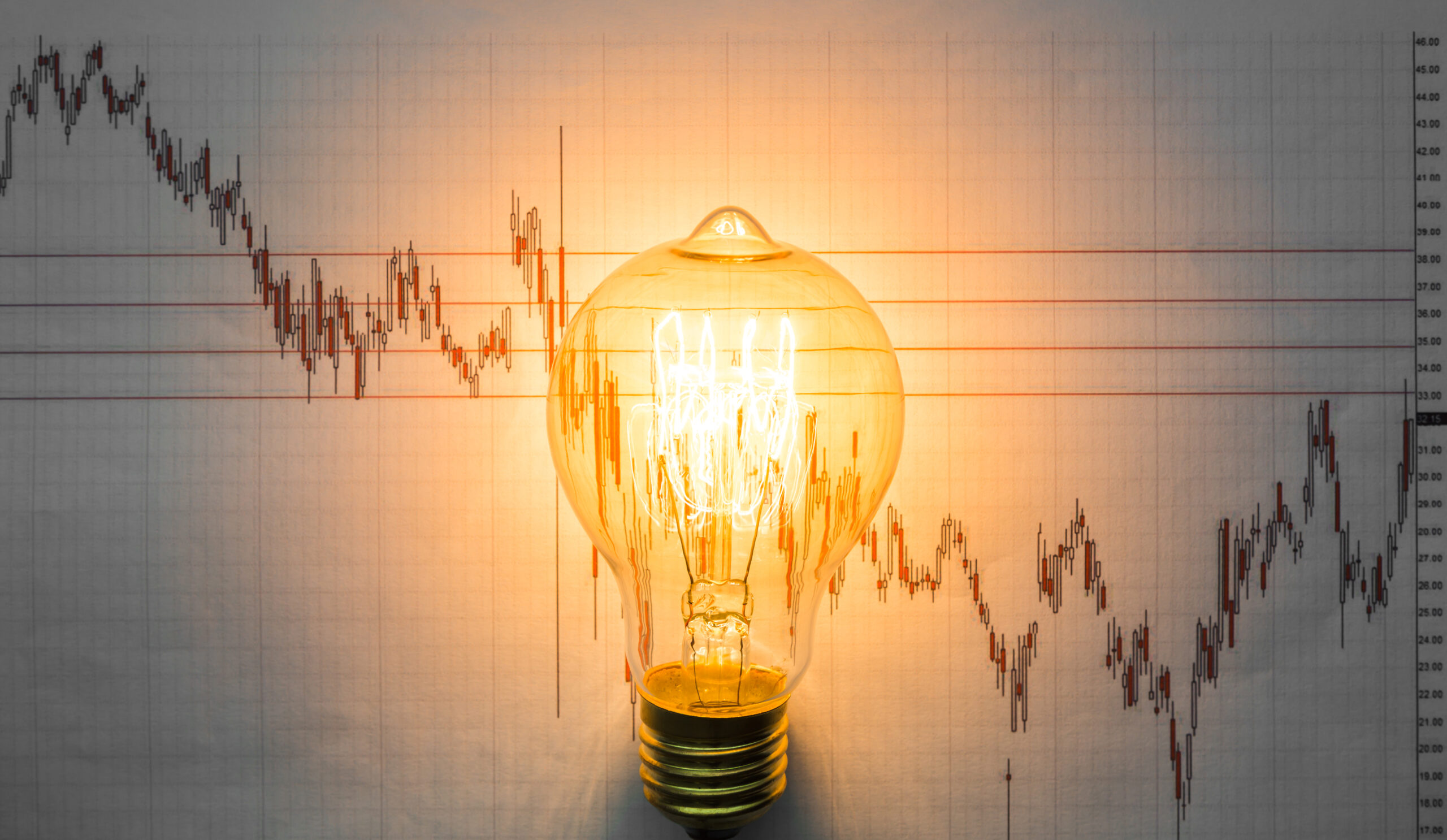Albanian Government announces first electricity price reduction in 35 years

The Albanian government, through a proposal to the Energy Regulatory Authority, has approved a reduction in electricity prices for household consumers. Starting in February, families consuming up to 700 kWh per month will pay 8.5 ALL per kWh, down from the previous rate of 9.5 ALL. However, households exceeding 700 kWh will see their entire bill calculated at the higher rate of 9.5 ALL per kWh.
Why is this important: According to the government the reduction directly benefits the overwhelming majority of Albanian households. Of the total 1,070,000 household contracts, 95% fall within the 0–700 kWh consumption bracket, meaning the vast majority of families will see lower bills. This move provides much-needed relief at a time when energy prices across Europe remain volatile and rising.
Context: Prime Minister Edi Rama and the Minister of Energy and Infrastructure announced the decision in a press conference, emphasizing that the reduction was implemented in consultation with international energy experts. The Prime Minister highlighted the significance of the move, noting that it marks the first decrease in electricity prices in the country’s 35-year history.
“This fills us with pride when we consider the condition of the energy system we inherited 11 years ago,” said Rama, contrasting the reduction with rising energy prices across Europe, where many nations are grappling with the threat of further increases.
Rama also reiterated his government’s ambition to turn Albania into a net exporter of electricity by 2030. As part of this strategy, he announced that next week in Abu Dhabi, Albania will sign a trilateral agreement with Italy and the United Arab Emirates to establish an underwater transmission line.
“This trilateral agreement will lay the groundwork for Albania to become a key player in European energy policy over the next decade,” Rama declared.
Opposition criticism: Opposition leader Sali Berisha criticized the government’s decision to reduce electricity prices, calling it a measure that disproportionately benefits the wealthy. He argued that lowering prices equally for all households consuming up to 700 kWh ignores income disparities, leaving lower-income families with minimal relief.
“This move means the rich get richer, and the poor stay where they are,” Berisha said, accusing Prime Minister Edi Rama of enacting policies that serve his interests. Berisha proposed proportional price reductions based on income levels, emphasizing the need to support small businesses and families with modest earnings.
Berisha also claimed that electricity prices during his administration were more equitable, with lower rates for minimal consumption and higher charges for excessive use. He accused Rama of burdening citizens with price hikes over the years and dismissed the current reduction as a superficial measure ahead of elections.
Albania’s energy transformation: Albania’s hydropower system currently supplies 75% of the nation’s energy needs. Recent investments in renewable energy have seen solar power contribute 10% of the country’s 1,300-megawatt capacity. The government aims to increase solar energy’s share to 30%, a shift that would secure energy independence and position the country as a net energy exporter.
This price cut is part of broader government efforts to modernize the energy sector while mitigating the impact of global energy trends on Albanian households.


